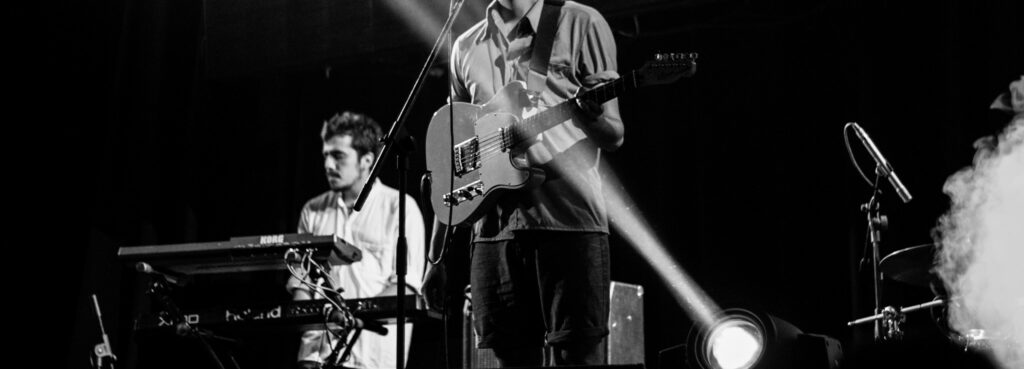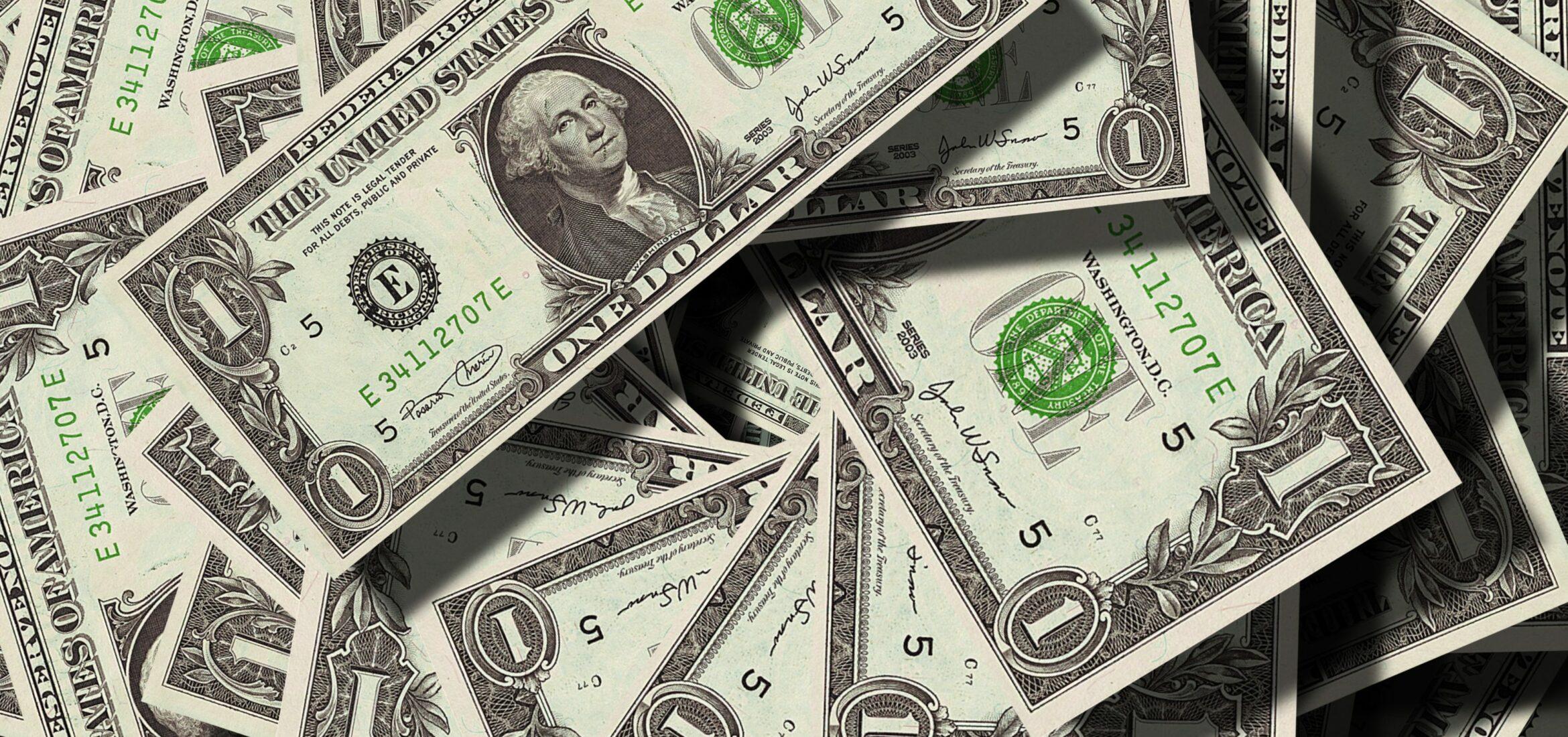With the way music sales are going in the modern world, many music creators are having to capitalize on other areas of the industry for income. Things like live shows, merchandise, and licensing have never been so important to the financial success of an artist. Another major area of income is music royalties. We need to get paid for every bit of work that we do. In this article, I’m going to break down the terminology and provide you with a guide on what you need to be doing to ensure you get paid for your music.
Understanding Your Position In The Industry
The first thing to understand is your relationship to the music for which you’re looking to gain royalties. There are slightly different processes that you must go through depending on whether you’re a songwriter/publisher or the actual recording artist. Equally, if you’re not an independent artist, then there will be certain contractual elements that come into play. These will concern your record label, agent, and/or publishing house.

If you’re a songwriter or publisher, you need to register directly with a performing rights organization. In the US, this is typically either ASCAP, BMI, or SESAC. These companies will ensure that you are paid performance royalties. This can be for airplay, streaming play, and any synchronization that you have in place. You will also need to register to have your mechanical royalties paid, and this is typically done through the HFA. Mechanical royalties represent physical sales and distribution of any of your products and will usually be managed by your record label (if you have one). It is also good practice to register every song that you release with the US Copyright Office to ensure copyright protection in the event of any allegations or fiscal issues.
Recording artists, music producers, and royalty-receiving engineers will need to be set up slightly differently to receive their royalties. In the US, this is usually done through SoundExchange, which is used for performance royalties. They provide royalty payments to band members or performers who are not the songwriter or producer. They also provide contractual options for producers and engineers. This means that music they have worked on can earn them music royalties.
You’ve Lost Me In Terminology
Now that you know where you need to go based on your role within the industry, let’s take a step back and go over some of the terms that may have eluded you.
Mechanical license provides distributors with the rights to reproduce and sell physical or digital copies of your works. As such, the mechanical copyright exists to provide music royalties for sales of albums and singles.
Performing rights organizations exist to ensure that songwriters and publishers are paid royalties for any public performances of their material. This includes live shows at concert venues as well as your song being played on the radio in a bar. They also exist to collect license payments from anywhere that wishes to play copyrighted music, and this licensing money is what pays your music royalties.
Publishers are usually companies or individuals that sign songwriters in order to take ownership and control of their copyrighted compositions. They help to make distribution and sales a reality through their contacts and profit by taking a percentage of your royalties for themselves. In today’s world, typical publishers are becoming less and less common due to the fact that the internet makes it much easier to be an independent artist in control of your own distribution. Having control over distribution and ways to promote your music is very appealing to the modern artist.
Synchronization is the act of combining copyrighted music with moving images. This can be for TV, film, or video games. Upfront payment is typically provided to labels and publishers for the use of the music. This can also include music royalties within the moving image production.
So Where Can I Earn Music Royalties?
Anything that relates to the distribution or performance of your music can usually earn you royalties. This ranges from sales to broadcasts and includes both the physical and digital worlds.

Physical Sales and Digital Downloads
Royalties can be earned from the sales of your music in both the physical and digital domains. This is usually handled by your record label and is paid per the terms of your contract. Many artists receive advances when they begin working on an album. This money is designed to subsidize the artists’ living costs while they are writing and recording. Usually, this advance must be recuperated by the label before the artists begin to see profits from the music. Producers and engineers can also be paid from sales royalties. This can only be done if it has been negotiated into a contract prior to the release of the music. Commonly, this is seen when the music created becomes more of a collaboration between the musicians and professionals involved.
Broadcast Radio & Television
Under US copyright law, performance royalties are paid to songwriters and publishers for any music that is broadcast via terrestrial and satellite/cable radio and television. Currently, performance royalties are not payable to recording artists or labels for any music broadcast via terrestrial radio. This is only gainable through satellite radio stations. However, some major labels do have deals in place to receive music royalties for terrestrial airplay. However, it is unlikely that this hugely benefits the recording artists. Producers and engineers can also be paid broadcast royalties if this has been agreed upon with the artist and/or label.
Streaming
In the USA, it is typical for songwriters and publishers to be paid music royalties by their respective performing rights organizations, while artists, labels, producers, and engineers are paid by SoundExchange. Independent artists can also receive payments directly from the streaming providers that they use. It is most common practice these days for independent artists to use aggregating services such as DistroKid that provide universal distribution to sales and streaming platforms, allowing you to collect all of your royalties in one place.
Synchronization
Synchronization covers the events where the music you have created is used in conjunction with moving images. This could be for a film or game soundtrack or the backing of a national advertisement. Typically, a fee is paid to the publishers and record labels that control a recording. This covers the song’s use within a film or television program. In the case of synchronization in broadcasting (e.g., music in the background of an advertisement), songwriters are also entitled to performance royalties every time the song is broadcast. This is usually a very lucrative venture for songwriters. You can easily end up being paid twice for the same piece of work!

Music Royalties Outside Of The USA
Now, for those of you who are fortunate enough to garner a global audience, you might be wondering how you can collect music royalties outside of the country. Here I have some good news. Performing rights organizations such as ASCAP work with other major rights organizations all over the world. This ensures that you collect all your royalties. This would include companies such as PRS in the UK or CMRRA in Canada. This does typically come at an additional cost. However, the likelihood is that by the time you’re earning royalties from all around the globe, the added cost won’t really mean much.
TL;DR
Earning royalties should be on your priority list if you are a songwriter or musician who publishes your own music. No matter how small, you should always look to earn from your hard work. Even tiny things like submitting your setlist for a small gig can net you a tiny bit of performance royalties. Register with the companies that can provide what you need. Investigate all the avenues for earning royalties from your music. Even if you dream of being a rock star, placing a couple of songs in a national advertisement could set you up financially for a very strong future.
Sobre el autor

Tim Dunphy
Ingeniero de sonido y redactor de contenidos especializadosMás de 10 años de experiencia trabajando en el sector del audio. De todo, desde enrollar XLR hasta masterizar álbumes. Soy un hombre hecho a sí mismo y mantengo mis activos en Bitcoin. ¿Qué más hay que saber?
Deja un comentario
Inicia sesión para comentar


